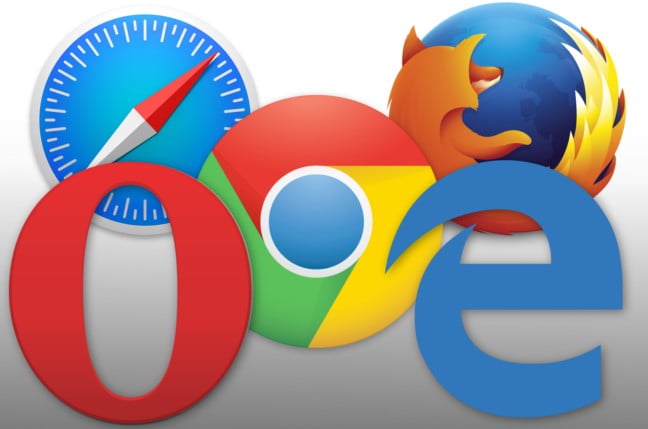More specifically, Google is trying to create a DRM-like API for Chromium to avoid DDOS, and scraping. Someone suggested this could also be used to prevent ad blocking.
Edit: Which is certainly possible if it reports what extensions you have installed.
https://chromestatus.com/feature/5796524191121408?context=myfeatures
The response on Github was overwhelmingly negative, but as soon as the discussion turned hostile, they added a code of conduct to the project to excuse themselves for banning anyone who disagreed.
This proposal relies on varying levels of remote attestation for varying levels of accepting your activity session. If you want to know why that’s a problem,
https://gabrielsieben.tech/2022/07/29/remote-assertion-is-coming-back-how-much-freedom-will-it-take/
If hardware attestation is used, which IS used by most common “attestors” but not by this API directly FOR NOW, what you essentially have, is a situation, where specific device may be banned from accessing a particular interactive computer service, permanently, for any level of offense, including factual information considered to be wrong. Virtual machines, and any browser other than Google Chrome, Microsoft Edge, Safari, Brave, and MAYBE Mozilla Firefox, may be unable to access certain websites, or indeed, any website, given that cloudlfare is used by 73% of websites with a known reverse proxy. Cloudflare is certainly going to be implementing this to save money on DDOS protection.
Similarly, any operating system other than Windows, ChromeOS, MacOS, iOS, or Android, is almost certainly going to be given a lower trust rating, and possibly forbidden by default.
There’s no control or oversight into what the large tech oligopoly decides is an acceptable baseline level of information needed to establish “trust”, or what their proprietary attestor applications require to maintain “integrity”. and trust requirements can be changed at any time by the operators of any interactive computer service or contractual requirements.
Presently, this proposal doesn’t call for device IDs. Realistically, that’s going to be implemented later once a number of websites and service hosts start using this. However in the mean time, Microsoft and Google, being in the business of information control, might flag your device as untrustworthy in their Attestor e.g. Play Protect for something you said, or at a government’s request.
Basically, this goes through, and you will eventually not be able to use Purism’s products to interact with society, and may be regarded with suspicion by the general public who was literally told you were untrustworthy.
I don’t see a path to stopping this, short of building your own internet, or perhaps an attestor application that respects your freedom and somehow getting enough people to use it that it can’t be omitted from allowed attestors lists, provided that’s even possible. No one cares about anything if some mainstream news outlet isn’t reporting on it, and I don’t see anything except random people who noticed this proposal. And if I object, there’s a good change someone can just hit back with a “you just want to do bad things and not face consequences,” when the reality is maybe you just want to talk about other ways to do the greatest good for the greatest number of people not mentioned on TV, something that’s becoming increasingly difficult.
So I guess I’m posting this here because I desperately want someone to tell me I’m wrong.




